Creating a home garden filled with spiritual plants is not just about enhancing aesthetics—it’s about cultivating positive energy, mindfulness, and a deep connection with nature. Across cultures and traditions, plants have been revered for their symbolic meanings and spiritual significance. From promoting tranquility and protection to purifying energy, spiritual plants bring more than just greenery into our homes—they bring peace, healing, and blessings.
In this article, we’ll explore the top spiritual plants to grow in your home garden, their benefits, and tips on how to care for them.
1. Tulsi (Holy Basil)
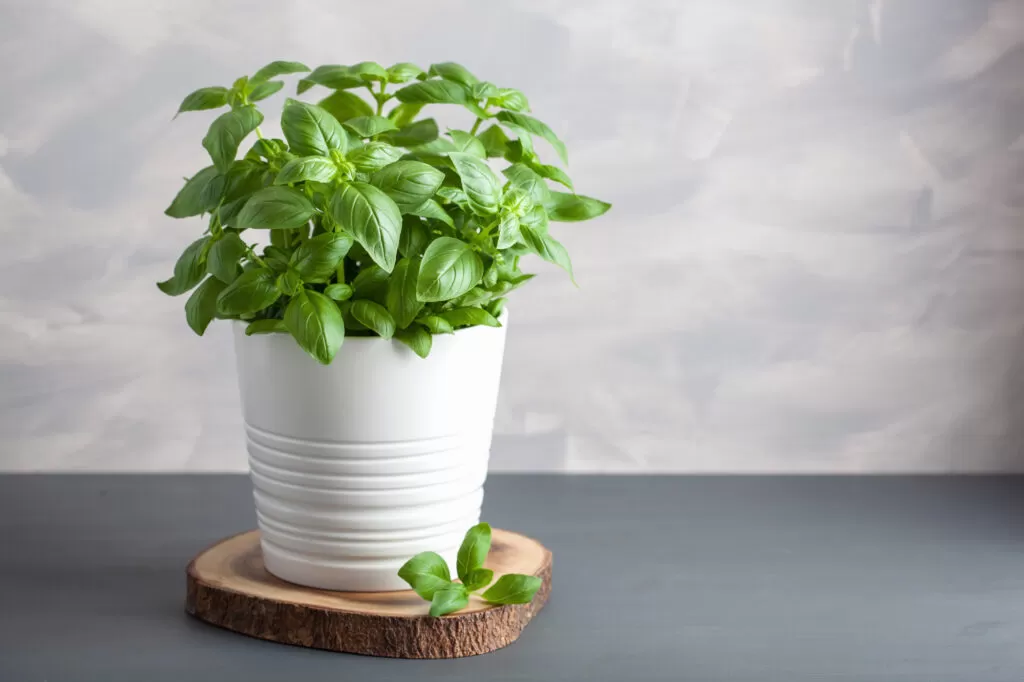
Scientific Name: Ocimum tenuiflorum
Tulsi is one of the most sacred plants in Hindu households. Often grown near the entrance or in the courtyard, Tulsi is believed to bring spiritual purity, health, and protection.
Spiritual Significance:
- Associated with the goddess Lakshmi.
- Enhances positivity and wards off evil.
- Used in spiritual rituals, prayers, and Ayurvedic medicine.
Care Tips:
- Needs 4-6 hours of sunlight daily.
- Water moderately; avoid waterlogging.
- Ideal for warm and tropical climates.
2. Sacred Fig (Peepal Tree)
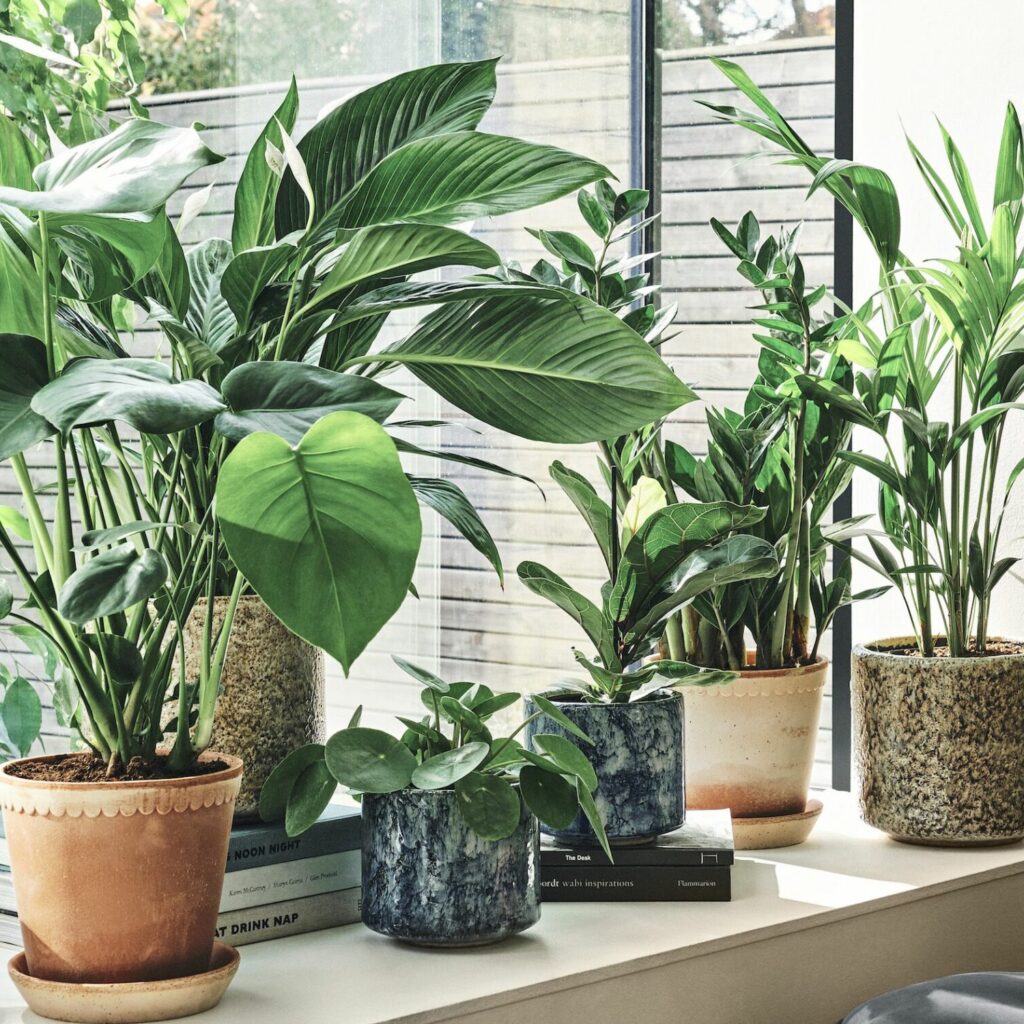
Scientific Name: Ficus religiosa
Regarded as a tree of enlightenment, the Peepal tree is highly revered in Hinduism and Buddhism. Lord Buddha is said to have attained enlightenment under a Peepal tree.
Spiritual Significance:
- Symbolizes wisdom, enlightenment, and life.
- Helps calm the mind and improves focus.
- Known to absorb harmful gases and purify air.
Care Tips:
- Best grown outdoors; it needs space and full sunlight.
- Water regularly when young; mature trees are drought-resistant.
- Avoid pruning too frequently.
3. Jasmine
Scientific Name: Jasminum officinale
Jasmine’s sweet fragrance isn’t just a treat for the senses—it’s also known for creating a calm, romantic, and spiritually uplifting environment.
Spiritual Significance:
- Associated with love, purity, and divinity.
- Commonly used in religious ceremonies and offerings.
- Helps reduce stress and induce restful sleep.
Care Tips:
- Prefers sunny locations and well-draining soil.
- Water when the topsoil feels dry.
- Prune regularly to encourage more blooms.
4. Lotus
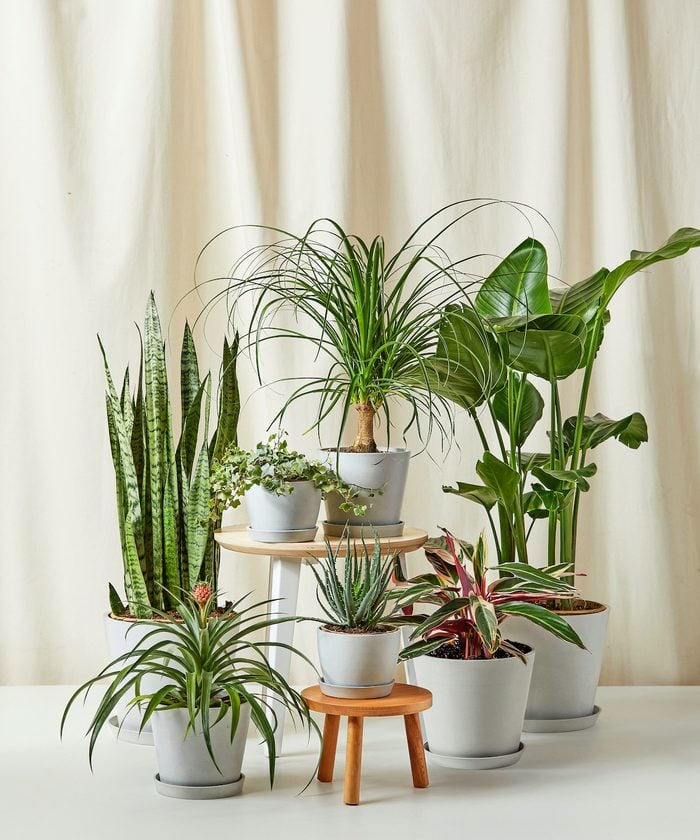
Scientific Name: Nelumbo nucifera
The lotus flower is a powerful symbol of purity, rebirth, and spiritual awakening. It is deeply embedded in the teachings of Hinduism and Buddhism.
Spiritual Significance:
- Symbolizes detachment and spiritual growth.
- Represents the journey of rising above negativity.
- Linked with many deities like Lakshmi and Saraswati.
Care Tips:
- Requires a pond, water container, or aquatic setting.
- Needs full sun for 6+ hours a day.
- Fertilize during the growing season for vibrant blooms.
5. Sandalwood Tree
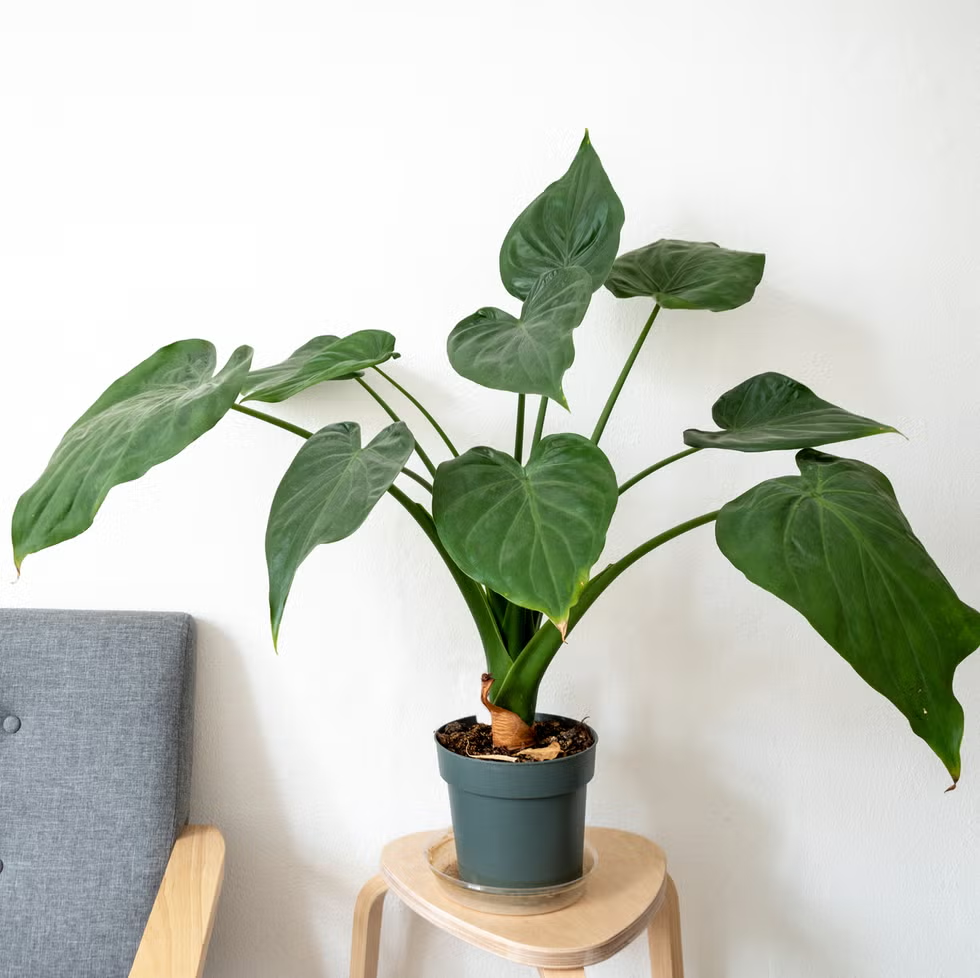
Scientific Name: Santalum album
Used in rituals, meditation, and healing practices, sandalwood is one of the most spiritually potent trees.
Spiritual Significance:
- Its aroma induces a meditative state.
- Believed to attract prosperity and divine energies.
- Used in the making of incense and sacred oils.
Care Tips:
- Thrives in warm, dry climates.
- Needs well-drained soil and full sunlight.
- Requires host plants nearby for proper growth.
6. Lavender
Scientific Name: Lavandula angustifolia
Lavender is well-known for its calming fragrance, but it also carries deep spiritual value, especially in Western and holistic traditions.
Spiritual Significance:
- Promotes emotional balance and clarity.
- Used for energy cleansing and protection rituals.
- Helps open the crown chakra.
Care Tips:
- Needs full sun and well-drained soil.
- Drought-tolerant once established.
- Prune lightly after flowering to maintain shape.
7. Money Plant (Pothos)
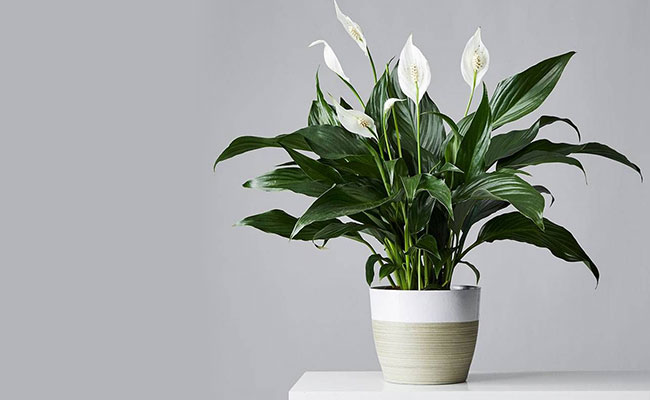
Scientific Name: Epipremnum aureum
Also known as Devil’s Ivy, the money plant is a popular indoor plant believed to attract wealth, prosperity, and good luck.
Spiritual Significance:
- Symbolizes growth, abundance, and fortune.
- Absorbs negativity and improves indoor air quality.
- Used in Feng Shui for energy flow and balance.
Care Tips:
- Thrives in indirect sunlight or low-light.
- Water when the soil feels dry.
- Can be grown in soil or water.
8. Aloe Vera
Scientific Name: Aloe barbadensis miller
Aloe Vera is not just a healing plant—it’s also known for its strong protective and purifying energies.
Spiritual Significance:
- Shields the home from negative energy.
- Used in spiritual healing and purification rituals.
- Boosts vitality and emotional cleansing.
Care Tips:
- Requires bright sunlight and minimal watering.
- Let soil dry completely between watering.
- Keep it in a well-ventilated, sunny spot.
9. Bamboo Plant
Scientific Name: Dracaena sanderiana
Popular in Feng Shui, lucky bamboo is believed to bring harmony, luck, and fortune into a household.
Spiritual Significance:
- Symbol of strength, flexibility, and growth.
- Attracts prosperity and positive chi (energy).
- Ideal for office desks, entryways, or altars.
Care Tips:
- Grows well in water or moist soil.
- Needs indirect sunlight.
- Change water weekly to prevent stagnation.
10. Neem Tree
Scientific Name: Azadirachta indica
Neem is a sacred tree in India, known for its powerful healing, purifying, and spiritual properties.
Spiritual Significance:
- Believed to ward off evil spirits and illnesses.
- Its presence promotes health and divine blessings.
- Used in Ayurvedic and religious practices.
Care Tips:
- Requires full sunlight and sandy soil.
- Drought-resistant once mature.
- Prune to manage size if grown in smaller spaces.
Tips for Creating a Spiritual Garden
To truly make your garden a space of peace and higher energy, consider these layout tips:
Create a Sacred Space
Designate a corner of your garden as a meditation or prayer area. Use stones, incense, or small statues of deities or symbols that inspire you.
Use Natural Elements
Incorporate flowing water, wind chimes, pebbles, or clay pots to enhance natural energy flow and create a grounding environment.
Practice Mindful Gardening
Tend to your garden with love and mindfulness. The act of caring for plants is a meditative experience that nurtures your spiritual well-being.
Final Thoughts
A spiritual garden doesn’t have to be extravagant—it needs intention, love, and care. By growing these sacred plants, you not only create a lush green space but also invite harmony, protection, and positivity into your life. Whether you seek tranquility, prosperity, or spiritual growth, these plants can serve as gentle guides on your journey.
Start with one or two that resonate most with you and watch as your garden transforms into a sanctuary of peace and power.
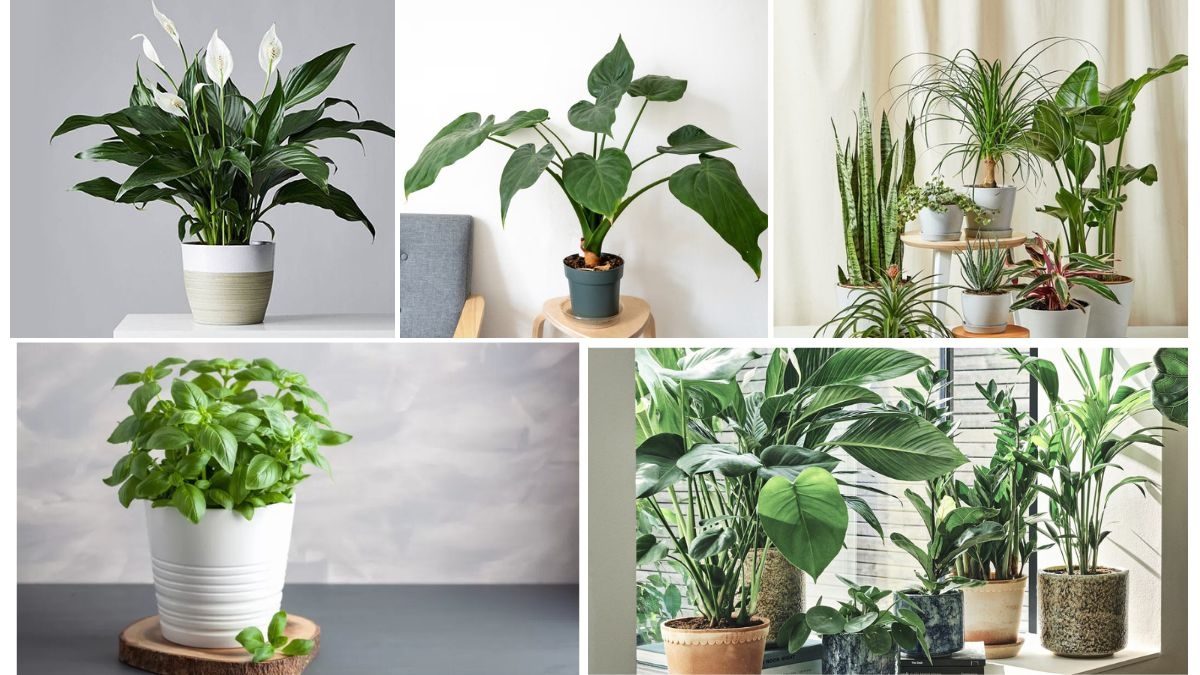





Leave A Comment